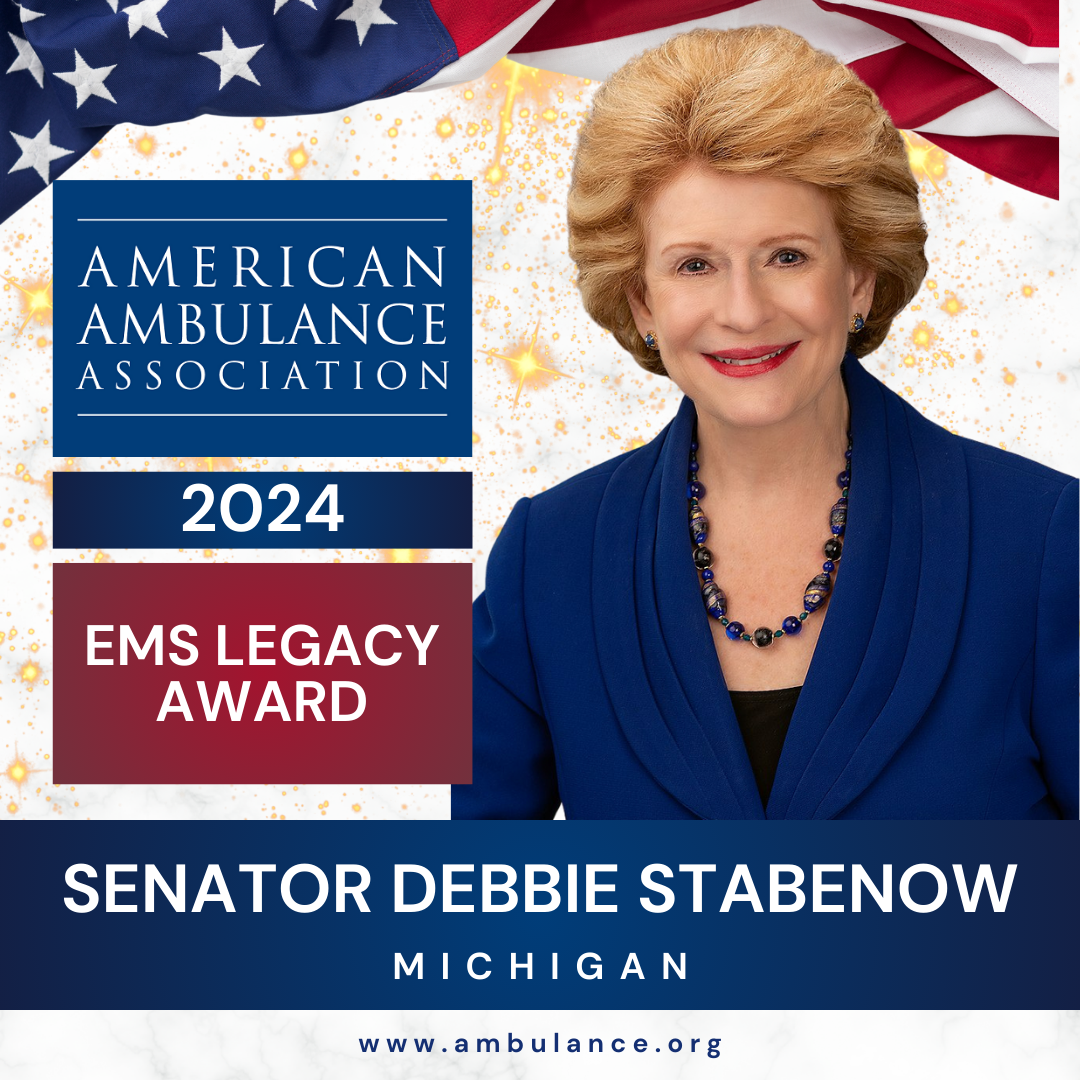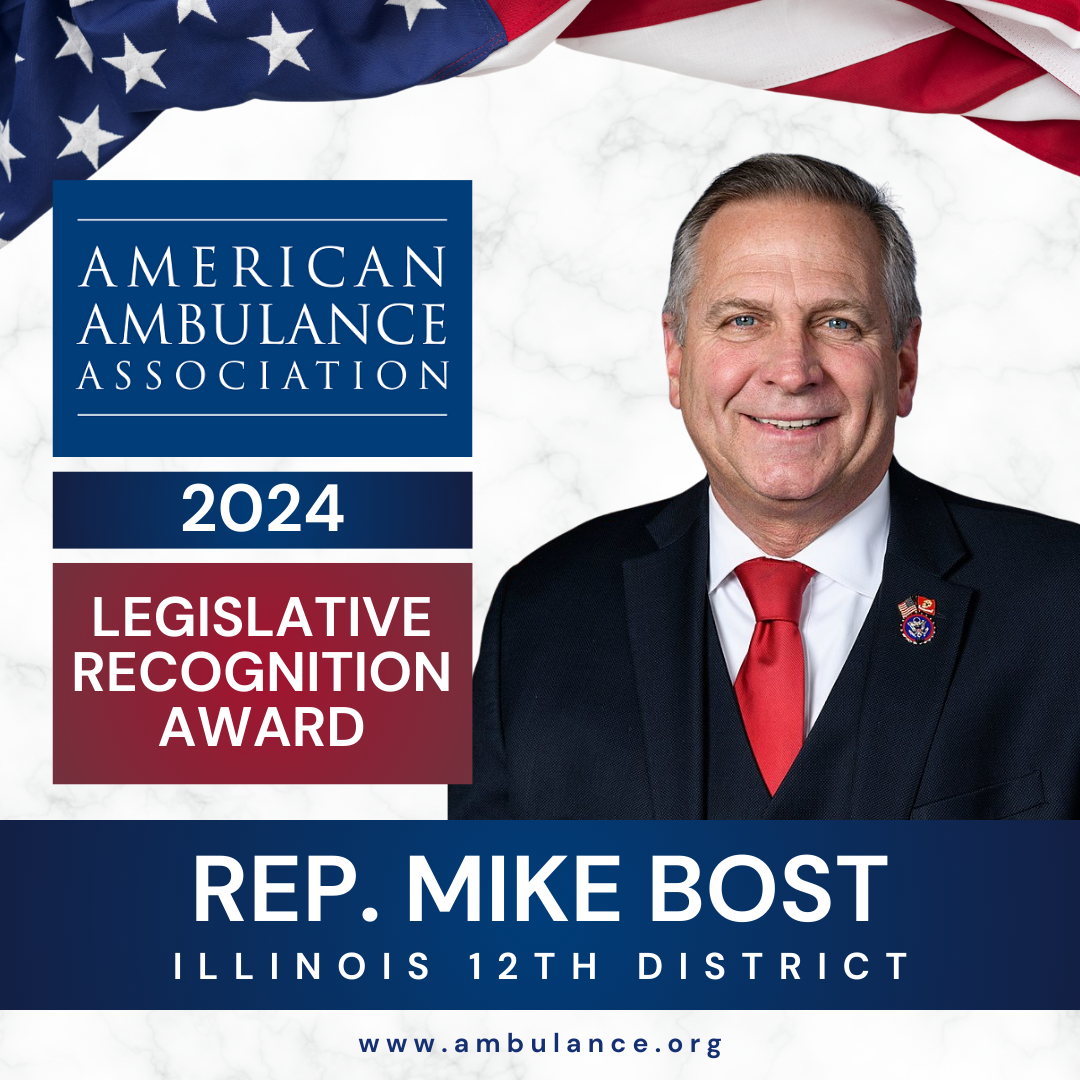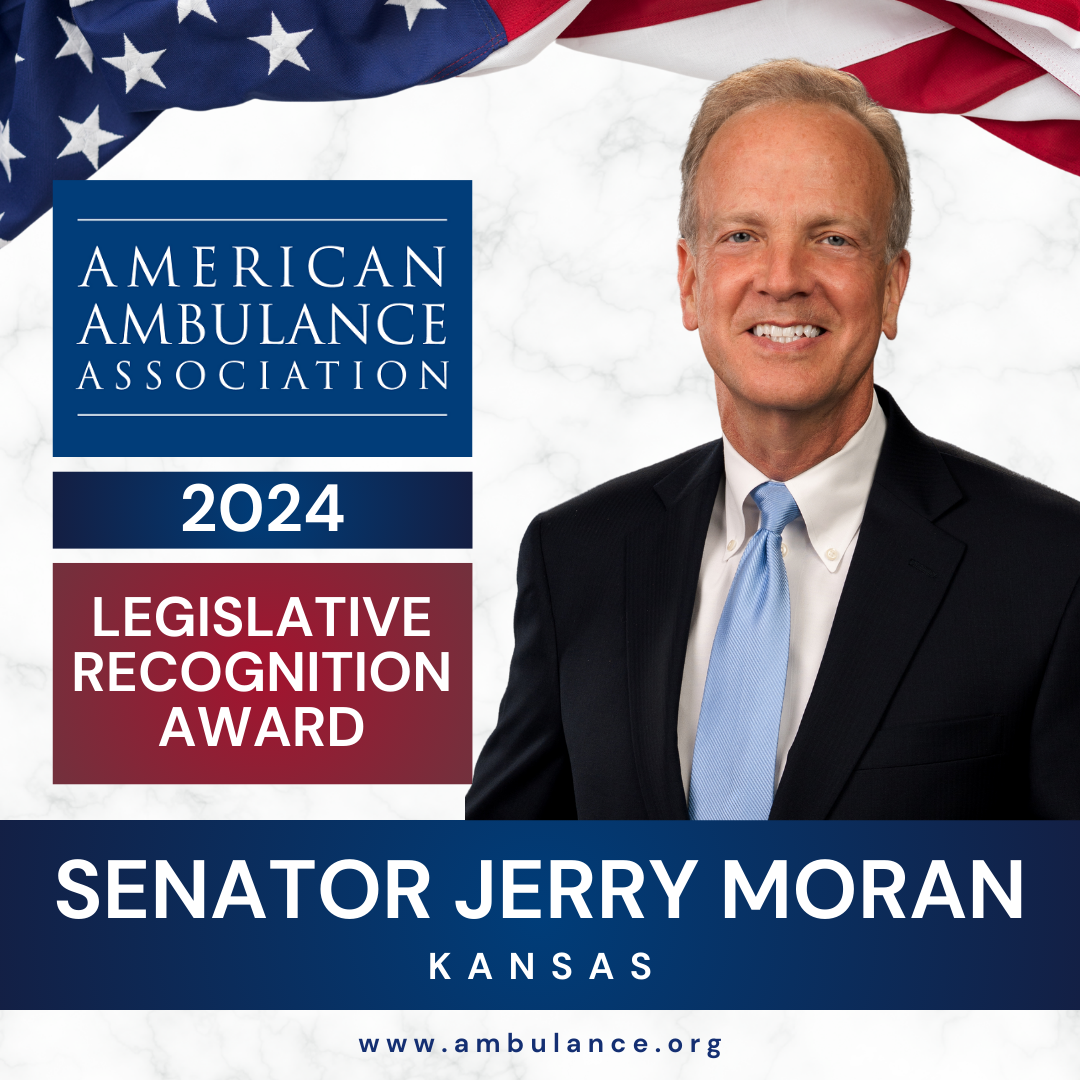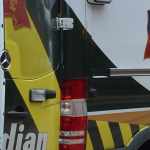Washington, D.C. – Today, the Modern Medicaid Alliance (MMA) sent a letter to House leaders expressing strong opposition to the policies in the current reconciliation bill that would cut upwards of $700 billion from the Medicaid program and impose arbitrary, bureaucratic barriers that will result in unprecedented coverage loss for millions of Americans across every state.
The letter from MMA comes as leading policy experts and voters – including a majority of Trump voters – continue to sound the alarm about the impact of potential cuts to Medicaid on patient coverage and access to care, local provider and hospital stability and state budgets.
Highlights from the letter are included below:
- “Since its creation in 1965, Medicaid has provided access to health care for Americans in need. At its creation, the program was much simpler with many fewer covered lives and a much more limited list of covered services. Importantly, however, over the past 60 years the Medicaid program has evolved and grown adding new services to reflect the current health care system as well as extending coverage to more Americans who experience challenges obtaining access to adequate health insurance.”
- “While the policies contained in this bill are presented as rooting out waste, fraud and abuse, the reality is that cutting upwards of $700 billion from the program far outpaces any expectation of the facts.”
- “This bill negatively modifies longstanding legal funding mechanisms utilized by states to maintain stable Medicaid coverage and benefits while also imposing new, massively bureaucratic mechanisms that will result in unprecedented coverage loss.”
- “Ultimately, freezing Medicaid provider taxes and imposing other limitations risks destabilizing the Medicaid safety net, undermining provider sustainability, and reducing access to essential health services for millions of children, low-income, elderly, and disabled beneficiaries.”
- “Requiring states to conduct more frequent Medicaid eligibility determinations would likely disrupt coverage for millions of Medicaid enrollees, increase administrative burdens to states, and negatively affect health outcomes.”
- “While intended to promote responsible use of health care resources, cost-sharing policies in Medicaid typically shift financial burdens onto patients and safety-net providers without achieving significant savings. Notably, the imposition of cost-sharing for low-income Medicaid enrollees often leads to delayed or avoided care.”
- “Reducing Medicaid’s retroactive eligibility period from 90 days to 30 days could leave individuals responsible for major medical bills, increasing the likelihood of incurring medical debt. This kind of financial burden is linked to worse health outcomes, increased stress, and delays in seeking necessary follow-up care.”
- “Rather than encouraging employment, the policy would primarily add complex and burdensome paperwork and reporting requirements — putting coverage at risk for individuals who are exempt or already are meeting the intent of the law.”
- “Together, the policies contained in this bill have the potential to harm millions of low income, elderly, disabled and rural Americans. Instead of improving the program the intent is to dramatically reduce federal funding by erecting unnecessary administrative barriers and reducing funding by changing longstanding, lawful mechanisms.”
To view the full letter, click here.














